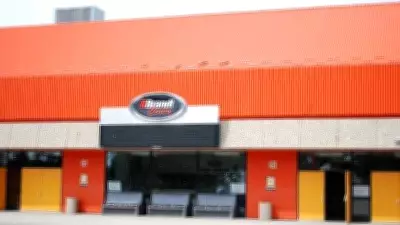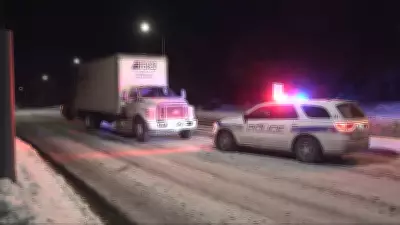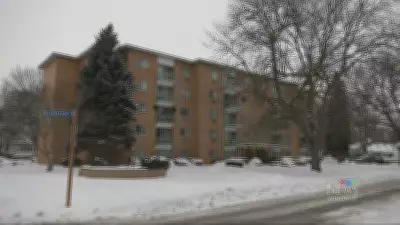
Toronto commuters faced what many are calling a transit nightmare this week as both the TTC and GO Transit systems experienced significant disruptions simultaneously, leaving thousands of passengers stranded and frustrated during critical travel periods.
The transit turmoil began during Wednesday's evening rush hour when multiple system failures converged to create what one commuter described as "the perfect storm of transit chaos." While specific details about the root causes remain under investigation, the cascading effects were felt across the Greater Toronto Area's transportation network.
A Commuter's Worst Nightmare
Passengers reported being trapped on stationary trains for extended periods, with limited communication from transit staff about the nature or expected duration of delays. The situation became particularly dire for those attempting to make connections between different transit systems.
"I left work early to make an important appointment, but I ended up spending two hours going nowhere," said one visibly frustrated commuter at Union Station. "The lack of information made it even worse - we were just sitting in dark cars with no explanation."
Social Media Erupts with Frustration
Across social media platforms, transit users expressed their anger and disappointment as the delays stretched through the evening. Many shared photos and videos of packed platforms and stationary trains, while others documented their lengthy and complicated alternative routes home.
The transit disruptions come at a sensitive time for Toronto's public transportation system, which has faced increased scrutiny over reliability issues and service quality in recent months. Regular commuters noted that while individual service interruptions are not uncommon, the simultaneous failure of multiple systems represents an especially severe breakdown in transit operations.
Transit Officials Respond
Transit authorities have acknowledged the severity of Wednesday's disruptions and have launched investigations into both the initial causes and the emergency response protocols. Preliminary statements suggest that technical issues and infrastructure problems contributed to the system-wide challenges, though full details won't be available until comprehensive reviews are completed.
For Toronto residents who rely on public transit for their daily commutes, the incident raises serious questions about the resilience and redundancy of the city's transportation network. Many are calling for immediate improvements to communication systems and contingency planning to prevent similar scenarios in the future.
As the city continues to grow and transit usage increases, the pressure on transportation infrastructure shows no signs of abating. This week's transit meltdown serves as a stark reminder of the critical importance of reliable public transportation to Toronto's economic vitality and quality of life.





